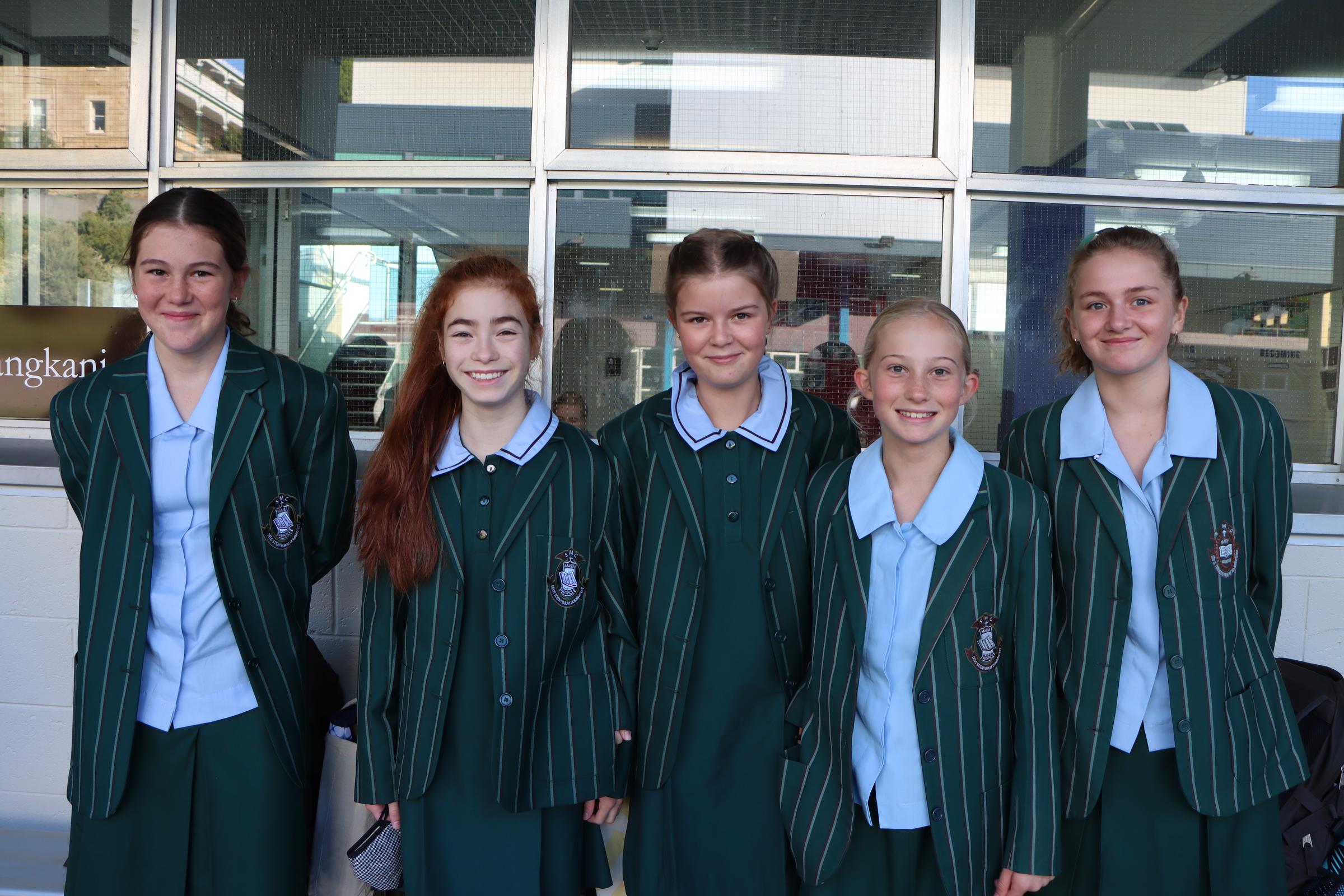From the Deputy Principal

Cyber safety
On Thursday 9 June, students from Years 4 to 10 participated in a session with cyber safety expert, Susan McLean, Australia's foremost expert in cyber safety and young people.
Staff, parents and carers also enjoyed the opportunity to listen to Susan, where she covered the positive benefits of technology as well as what we need to be aware of across a number of topics, including:
- What are kids doing online – Covering popular social networking sites and apps such as Secret Calculator, TikTok, Instagram and Yubo, as well as live streaming sites.
- Online grooming – What is it and when/how does it occur? What are the warning signs and what do you do if you suspect this is happening to your child.
- Cyberbullying – What is it, where does it happen, what does it look like, how can you prevent it and what should you do if it occurs, as well as the legal consequences and possible criminal charges.
- Taking and sharing explicit images – Including the social and emotional consequences and the law.
- Top tips – How to assist the children in your care to stay safe online via parental controls and restriction pass codes.
- Problematic internet use and gaming issues
Susan McLean's top tips for cybersafety
- Lead by example.
- Be your child's best parent, not their best friend.
- Get comfortable with saying, 'no'.
- Understand the difference between 'need' and 'want'.
- Keep all technology out of the bedroom.
- Know your children’s passwords (but don’t stalk them).
- Do not share passwords.
- Keep channels of communication open.
- Have a ‘family contract’ so children understand boundaries.
- Use all security settings.
- Learn about technology.
- Do not disclose personal information online.
- Shoulder surf - watch what your children are doing.
- Only let your children communicate with people they know in real life.
- Know when your child is online and offline.
Most informative was Susan's breakdown of several social apps currently popular with young people and the dangers and pitfalls associated with each. I have listed some of these apps below.
- Tinder (18+)
- Ask.fm and Qooh.me (both 13+)
- Tumblr (13+)
- Twitter (13+)
- KiK (17+)
- Snapchat (13+)
- Omegle (18+)
- Instagram (13+)
- TikTok (13+)
- Yellow (13+)
- Vault apps (e.g. Hide It Pro, Poofy and Secret Calculator)
All social media accounts have a minimum subscription age of at least 13 years (with the exception of iTunes, which allows a shared family account).
I encourage parents and carers who were unable to attend the session last Thursday to access the resources provided on Susan McLean's website here.
Resilience Project: Mindfulness
Part 4 of the Resilience Project's wellbeing curriculum is focused on mindfulness.
Mindfulness is our ability to be calm and present at any given moment. We practise this by slowing down and concentrating on one thing at a time, as well as through meditation, yoga, flow-states and daily activities such as cooking.
Thousands of studies have documented the many mental and physical health benefits of mindfulness, which range from reduced stress and rumination to increased memory and cognitive function, and improved immunity.
Parents and carers are encouraged to view Part 4 of the series here.
Caroline Wilson-Haffenden
Deputy Principal


